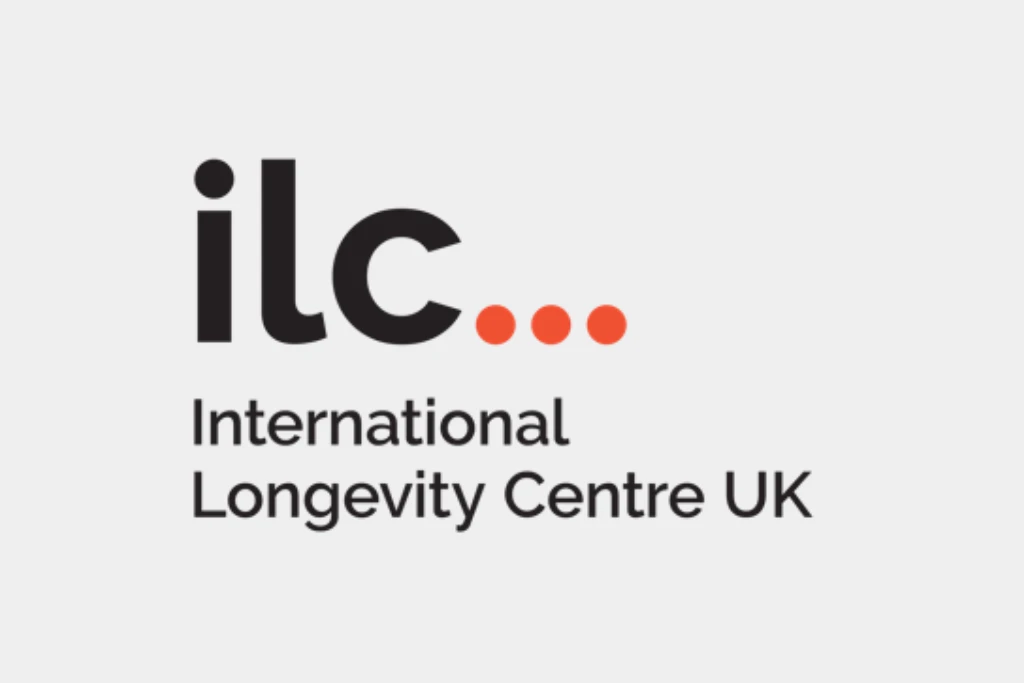Post-pandemic, people across the world live eight months less and spend seven fewer months in good health, according to new findings by the International Longevity Centre UK (ILC).
The organisation published the second wave of its Healthy Ageing and Prevention Index, which measures how well 153 countries across the world are ageing, looking at life span, health span, work span, income, environmental performance, and happiness.
Comparing the latest 2022 data with 2019 data, ILC’s analysis across 153 countries finds that, on average, humans are living eight months less (life expectancy fell by 0.64 years from 73.1 years in 2019, to 72.5 years in 2022) and people are spending seven fewer months in good health (health span fell by 0.61 years from 63.6 years in 2019, to 63 years in 2022).
In addition, the ILC’s analysis shows that people are working the same number of years (30.6 years) in 2022 as we did in 2019.
The ILC’s Index also further highlights how global inequalities are on the rise. There is a 27-year gap in life span between the top 10 and bottom 10 countries (one year more than reported in 2019) and a 24-year gap in health span (one year more than in 2019).
The top ten ranked countries on the Index are:
1 – Iceland
2 – Australia
3 – Sweden
4 – Singapore
5 – Norway
6 – Australia
7 – The Netherlands
8 – New Zealand
9 – Denmark
10 – Luxembourg
Looking to countries such as Iceland, Switzerland, Sweden, Singapore and Norway, which have consistently performed well, ILC urges governments to invest 6% of health spending into preventative health interventions and implement life course immunisation plans; support people to stay in work for as long as they wish, by removing regulatory barriers, such as mandatory retirement ages, and supporting flexibility in the workplace; and invest in measures to reduce the negative health impacts of climate change
“The new findings from the Index mark an important step for us to understand how well countries have adapted to longevity. When it comes to health, we’ve seen a marked decrease since 2019, and even a widening of inequalities. This needs to change. We also need to address wider determinants of health such as income inequity, and a drop in environmental sustainability,” said Arunima Himawan, ILC’s Senior Health Policy and Research Manager.
“We have clear calls to action for governments to invest in prevention, work and the environment, so that everyone and not just the privileged few can benefit from longer and healthier lives. We know these strategies work, now it’s up to world leaders to direct greater investment towards them”.

